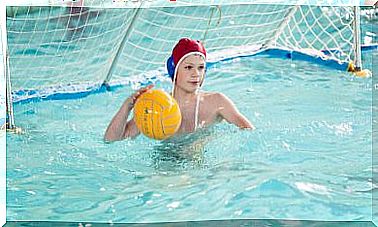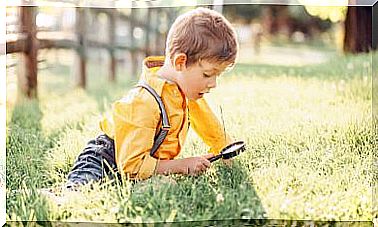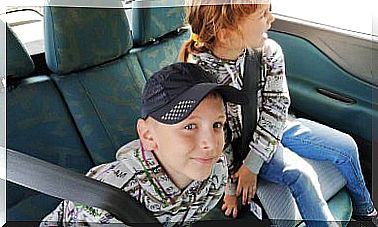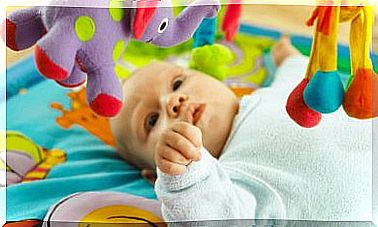Speaking To Your Child In Two Languages, Advantage Or Problem?
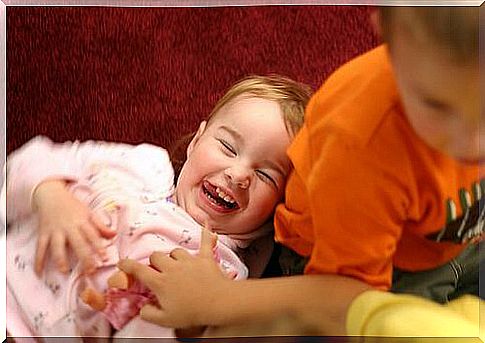
The management of two languages is always a great advantage for any adult, every day this element favors the academic and professional development of people, more strongly. It is never too late to learn, that is why there are many people trying to train to be at least bilingual.
There is also a fact that motivates speaking in two languages, for example raising in a multicultural family or moving it to a country with a different language. In this sense, it is normal for parents to worry about the language development of their children, which is often questioned in many ways.
Raising a bilingual child shouldn’t be a problem ; however, there are conflicting versions of the true benefits of this process. For this reason, there are as many parents who are interested in getting it as those who are discouraged from continuing to try.
The main concern that affects parents in this regard is that perhaps speaking to the child in two languages can end up confusing the little ones, which could translate into a possible delay in the development of speech. However, we know how much speculation there is usually about the same fact.

In the same way, we understand that there are situations in which it is not an option for the child to stop learning a second language. It is important that parents are adequately informed if it is an advantage or a problem to speak to the child in two languages, because perhaps the delay may be found in the need to socialize and integrate into a new community.
In any case, each family has the final decision on how to raise their children, but this time we want to share with you the clarification that specialists have made on the main myths in this regard.
Main reasons for concern
If you are from that group of parents who still distrust this practice, we invite you to evaluate the possible answers that experts have on this topic. To present it, we will focus on the main general speculations that circulate around bilingualism in children.
1. Can speaking to the child in two languages cause speech delays?
For a long time it was believed that bilingualism was the cause of these types of problems in children. But later it was found that it is a temporary delay, it is also not a general rule ; that is, it does not happen to all children.
However, parents have become very concerned about this, which is why they have stopped raising their bilingual children. According to the American company for the study of this problem, called Bilinguistics; Research has not determined that there are disorders in speech development or language acquisition in these cases.
2. Can children get to mix both languages?
The experts assure that yes, they can mix the two languages and that it is totally normal, in fact it is a rule that is part of the process. Not only children, any bilingual person can use words from the two languages mixed together, which is temporary until they begin to distinguish one language from another.
It is common for people who speak two languages to locate the word that is more conducive to expressing themselves or they do not know very well which one they want to use in the other language. Also, it is frequent that the phrase they want to use is not easy to translate into the other language.
In any case, for experts, it would be unrealistic to believe that this does not happen, especially since there is always a predominant language in use ; it is also transitory and does not constitute a problem.
3. Can the child get confused to the point of not differentiating between languages?
According to the author of the Raising a Bilingual Child text, Barbara Zurer Pearson, all babies are capable of differentiating any language, even when they do not know it and are only recently born. This is because languages can become very different, making it almost impossible for them to be indistinguishable.
On the other hand, although Pearson admits that some languages can be confused by babies due to their similarity, this confusion is transitory and may disappear at the latest by six months of age.
In this sense, the author emphasizes that being bilingual has many advantages and that more recent studies indicate that no problems have been detected that invite to reject this process. A child who speaks two languages has a more flexible way of thinking, because their concepts and opinions are varied.
4. What is the age limit to teach the child another language?
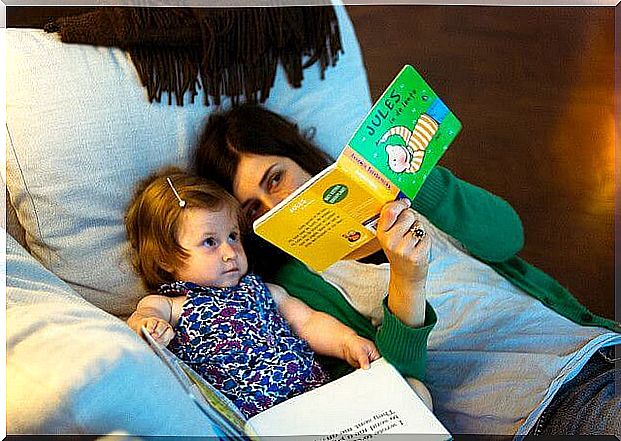
If you had doubts about this aspect until now, we remind you that it is never too late to learn. Just as any adult can become bilingual, a child is also able to do so without having a specific age to stop trying. In this regard, it is necessary to clarify that there is an appropriate age to promote this learning, but it is not a limitation.
An adult or a child over ten years old requires more effort to learn a second language, so children who are under five years old could learn quickly. However, it is necessary to teach with specific structures, since it is not enough to sit them in front of the television.
Although the acquisition of a second language for children under ten years of age is much easier, this does not mean that they will learn without correct execution of the task.

